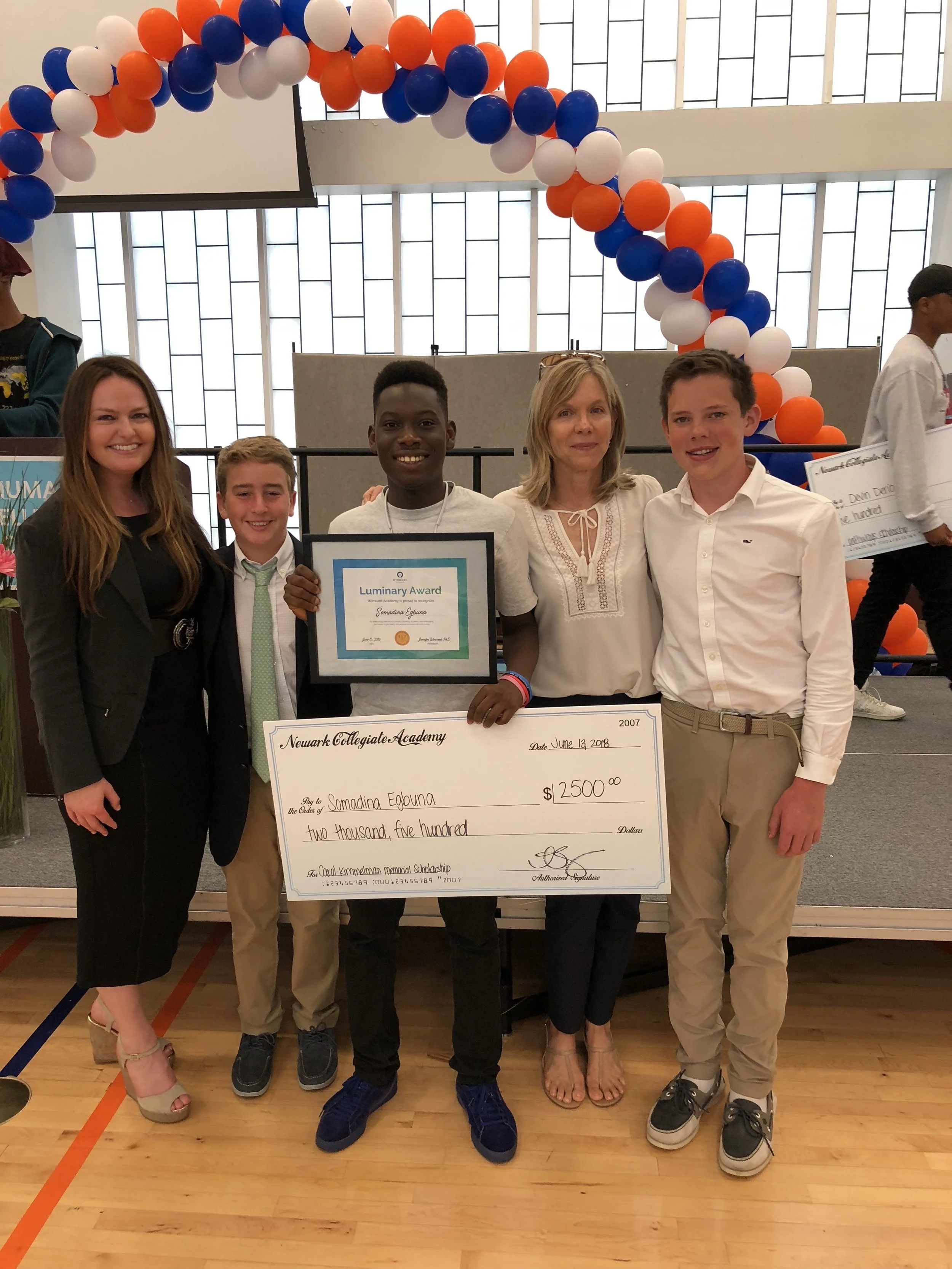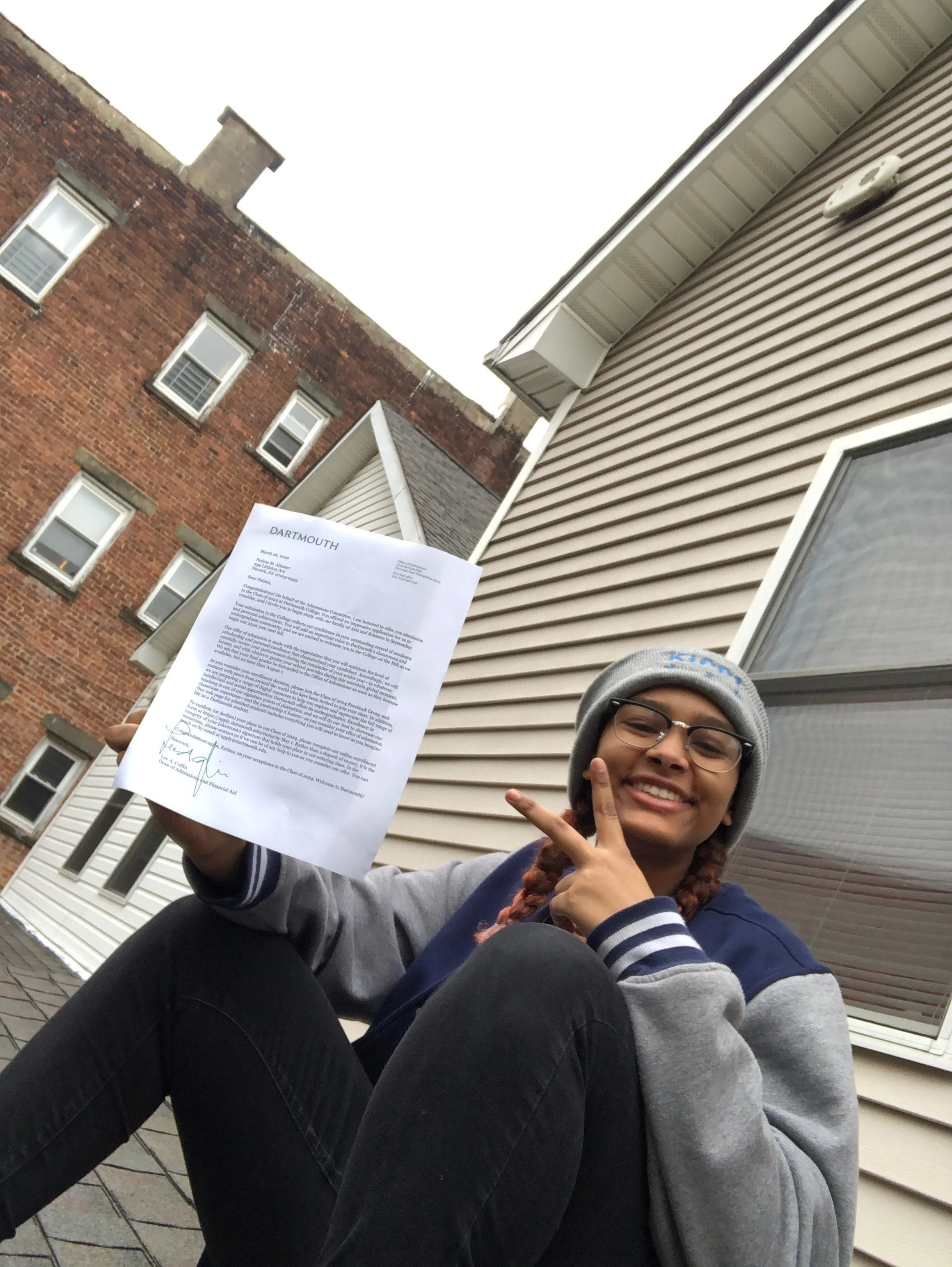
History & Approach
History
Founded in 2018 by a group of passionate volunteers, the Teens Rise Foundation (TRF) was born out of a genuine commitment to address inequalities in resources by providing underserved youth with academic, athletic, and wellness experiences that foster lifelong opportunities and enable them to thrive academically, physically, and emotionally.
Our extensive work with first-generation and low-income students is rooted in a multifaceted approach that empowers individuals to overcome challenges and build a sense of accomplishment and belonging.
Approach
TRF’s unique approach is distinguished by a deep integration within school communities, which removes barriers to access and fosters trust among students and educators alike.
It takes years to build trust to secure these partnerships, and it’s a testament to the success of our thoughtful approach that school districts invite us to work closely with their students and families year after year.
The history of our success is attributable to our approach: our programs are co-developed with and co-created by those we impact, thereby removing as many barriers as possible and maximizing the success of our initiatives.
Mission
The mission of Teens Rise Foundation (TRF) is to promote equity initiatives and empower underserved youth with academic, athletic, and wellness experiences that foster lifelong opportunities.
By partnering with schools and after-school programs passionate about educational and life opportunities, we deliver programming that enhances college and career readiness, physical education, and mental wellness and targets students from underrepresented groups who face significant barriers to achieving their dreams.
We provide in-school and after-school programs to Title 1 elementary, middle, and high schools through our signature Serves, Scholars, y Salud (SSyS) program. By partnering directly with school districts, we honor our mission to bring services directly to low-income, first-generation students. These collaborations enable us to address the specific needs of these communities and impact underrepresented groups facing language, financial, and transportation barriers.
What We Measure & Why
Program outcomes are continuously measured to ensure real impact in academic readiness, college access, family engagement, health and wellness, and career exposure.
Serves
Track weekly participation in tennis clinics
Administer pre- and post-surveys to monitor changes over time
Administer post-surveys to measure overall experience
Collect feedback from students’ mentors
Scholars
Track changes in English & Math proficiency, minutes of learning, and questions answered
Track pre- and post-performance against national college readiness benchmarks
Administer pre- and post-surveys to track impact of a week-long college application workshop
Measure parent attendance at workshops and student attendance at career panels, field trips, and college chats
Administer surveys to determine students’ interest in and understanding of career pathways
Salud
Give pre- and post-surveys to measure changes in resilience, anxiety, depression, motivation, and confidence
Collect feedback from participants to determine effectiveness of mental health tools and resources
Track assessment performance of teachers completing school safety training to share with administrators






